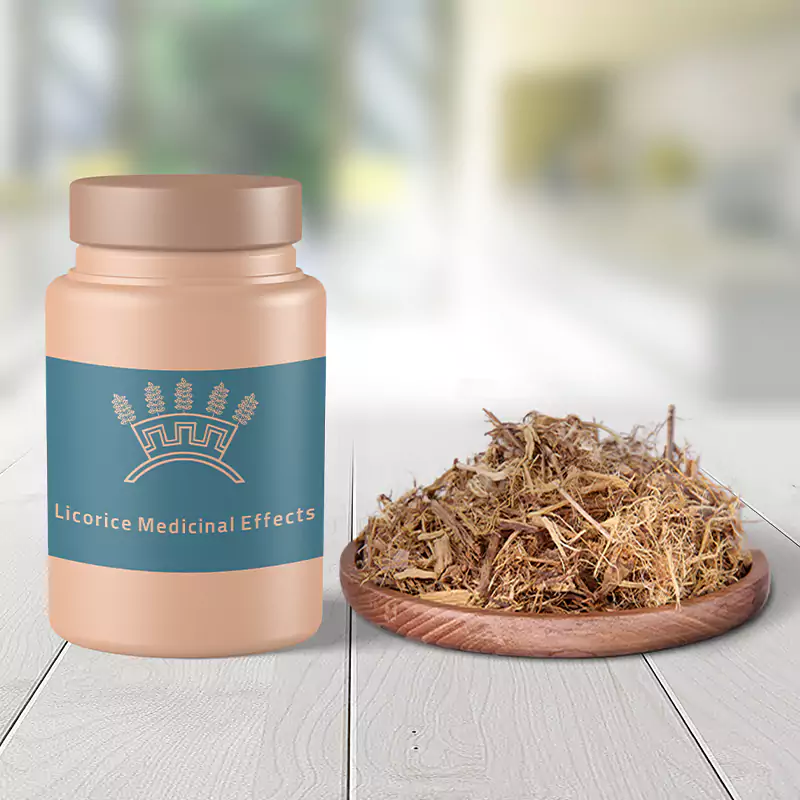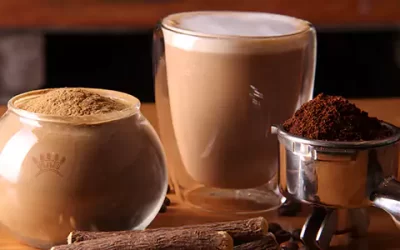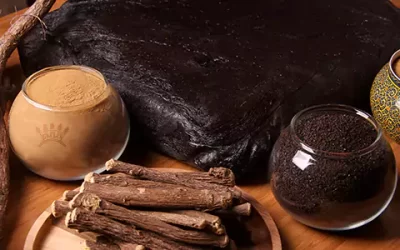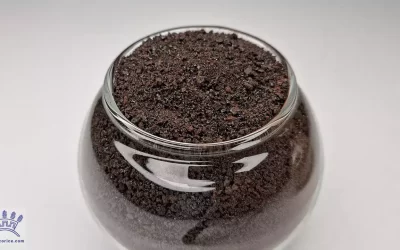Licorice Medicinal Effects
licorice medicinal effects are numerous like treatment of digestive disorders, skin problems, respiratory diseases, Hepatitis C, oral and dental problems etc.
Background
Licorice is a wild plant that is mainly found in south parts of Europe, North Africa and some parts of Asia including Iran. Licorice is a perennial herb which has been consumed in cooking and traditional medicine for a long time. Licorice is considered a natural sweetener and flavoring. Various industries use this plant because of its special features. Confectionary, candy and chocolate, cosmetics, pharmaceutical, food and beverages, tobacco are among these industries. The word licorice is derived from a Greek word meaning sweet root. Licorice can grow in different fields like cotton, sugar, potato, hay and many others. Because licorice roots grow extensively underground, so it causes reduction in products.
Licorice products are presented in a vast variety such as licorice extract powder, licorice root powder, licorice extract blocks, licorice extract paste, licorice extract granules, licorice extract nuggets, licorice DGL.
Sepidan Osareh Jonoob Co. is one of the prominent producers and exporters of licorice products in the world. This company is globally known as one of the best ones in the licorice market. A number of factors lead to this company’s achievements including very high-quality products, employing experienced staff, using modern machinery and instruments in production lines and laboratory, observing global standards in quality and management and many more.Licorice medicinal effects have always been considered prominent in traditional and modern medicine. In this article, we pay attention to this topic.
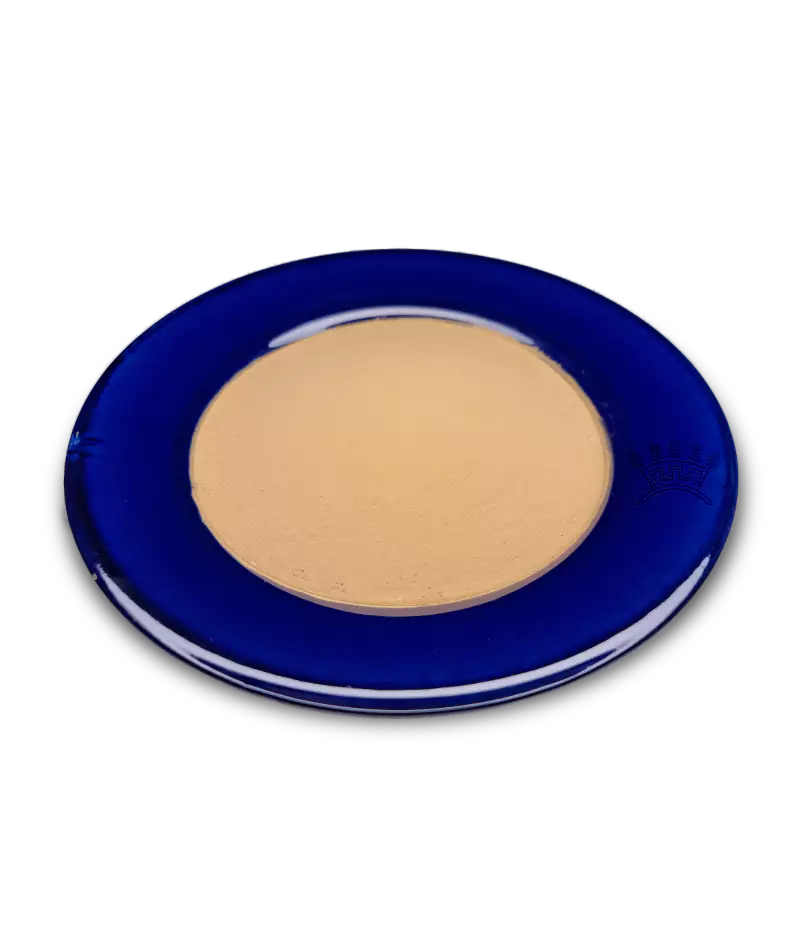
Medicinal Effects of Licorice
Based on Sepidan Osareh Jonoob Co.’s surveys, licorice is used for the treatment of digestive and respiratory diseases, toothache, sore throat, as well as skin and hair problems. Licorice contains vitamins B and E and minerals such as potassium and magnesium, sterols, amino acids etc. Licorice with the elements of isoflavonoid, flavonoid and saponin is very popular in skincare products. Here, licorice medicinal effects are separately discussed. Glycyrrhizin is the main component of licorice. It is the agent of sweetness in licorice. It is 50 times sweeter than sugar. The root includes 6%- 20% dry weight of glycyrrhizic acid.
How licorice affect our digestive system?
There is a component in licorice called glycyrrhizin, which is useful in treatment of stomach pain, indigestion, heartburn and acid reflux. licorice in various forms is used to treat some digestive problems. It can be useful in treatment of bacterial and viral infections. Peptic ulcers in intestine and stomach are caused by inflammation with bacteria. Licorice root and its glycyrrhizin are useful in treating peptic ulcers. Licorice due to some flavonoids like Glabridin and Glabrene, has positive effects on soothing stomach disorders such as stomach pain and heartburn. H.pylori is the bacteria causing the inflammation that leads to peptic ulcers. The glycyrrhizin in licorice can heal the sores and H. pylori. Acid reflux plays an important role in food digestion; but it can be annoying when it goes up the esophagus and causes pain and heartburn. Taking licorice controls acid reflux and prevents heartburn. Licorice enhances the secretion of serotonin and prostaglandins in stomach which leads to disinflation.
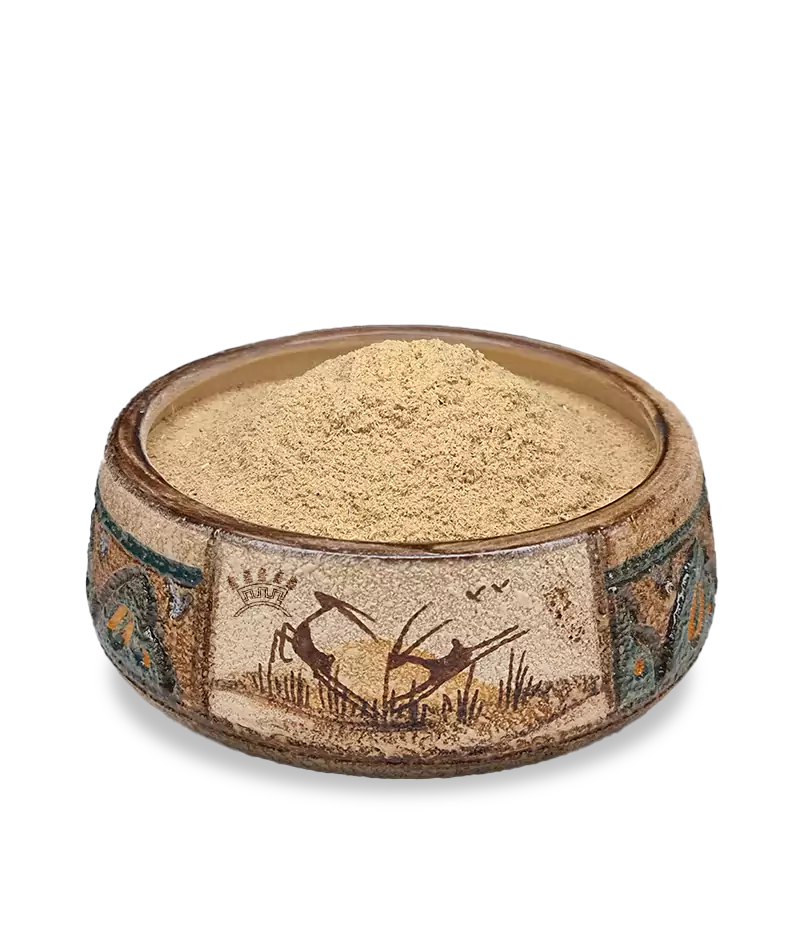
Licorice
Licorice Medicinal Effects on Skin
A study showed that licorice leaves and extract have a positive effect on the treatment of skin infections. Licorice extract prevents infection and contamination on the skin surface and keeps it clean. Licorice contains a substance which has anti-inflammatory and anti-bacterial properties and is effective in treating acne, eczema and psoriasis. On the other hand, this plant reduces skin sensitivity and redness. Due to these characteristics, licorice is effective in treating psoriasis, acne, eczema and other problems. Studies showed that licorice acts as a powerful agent in controlling pigments. Hyperpigmentation is caused by the abnormal collection of pigments, making some dullness and blemishes appear on the surface of skin. Using licorice is a proper solution for this problem. This plant contains flavonoids that disperse melanin on the skin surface, which in turn brightens the skin and removes blemishes. Fading or disappearance of these spots is due to the presence of a substance called Glabridin in licorice.
Licorice root has many benefits for hair and one of them is the treatment of dryness and oily scalp.
licorice is used for sensitive skin and to treat dandruff. It can prevent hair loss and make our hair grow faster. The use of this plant opens the pores of the scalp and strengthens the hair follicles. It prevents thinning hair strands. It is also used to repair damaged and colored hair.
In Indian traditional medicine, this plant has been used for better hair growth and prevention of hair loss. Based on Sepian Osareh Jonoob Company’s surveys, licorice extract is rich in antioxidants, so it is anti-aging and rejuvenating; it helps regenerate collagen to keep our skin soft and smooth. This plant also prevents skin sagging and removes wrinkles under eyes and keeps skin moisture. According to studies, an active antioxidant (Licochalcone A), which is the main ingredient in licorice root extract, is able to protect the skin against UV rays, and this is done by strengthening the skin’s own defense system. In fact, the skin’s defense system is stimulated by the use of licorice extract. In addition, it leads to the production of more antioxidants.Licorice contains enzymes that act as a skin protector against sunlight.
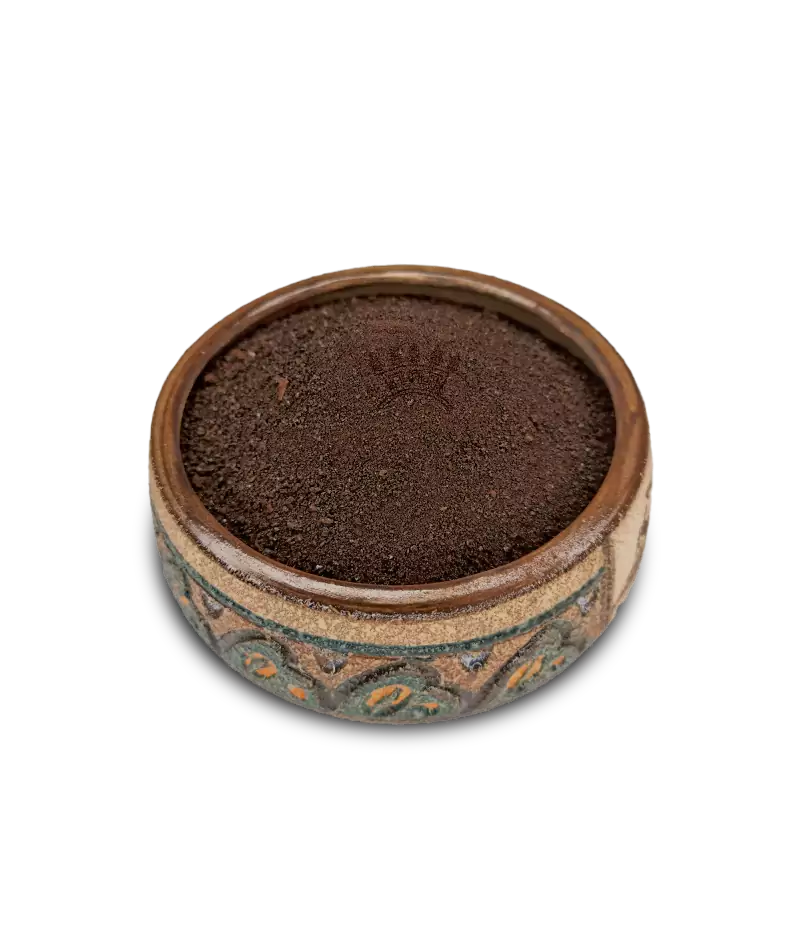
Licorice Effects on Oral and Dental Health
Some plants have been used for oral and dental health for a long period of time. Licorice is one of these plants. Since it has anti-bacterial, anti-viral, anti-inflammatory properties, it is proper for dental diseases like: aphthous ulcers, gingivitis, dental caries, periodontitis. It prevents cavity and tooth decay by fighting against special bacteria.
Licorice and Cancer
Using licorice has positive effects on cancer. It can slow down the growth of cancer in body. It also relieves the pain of chemotherapy treatment. As a result of chemotherapy, some sores in patients’ mouth appear that they are painful and irritating. Taking licorice can ease this pain.
Licorice Medicinal Effects on Sore Throat
In some surgeries a breathing tube should be put inside patients’ throats. After operation patients usually have a pain in their throats. Using licorice lozenges may soothe this pain. Licorice in the form of tea, lozenge, spray is very common to soothe sore throat.
Licorice Benefits to Respiratory System
A few studies show that Glycyrrhizic, Asiatic and Oleanolic acids in licorice root can slow the progress of bronchitis.
Licorice root has been widely used to treat bronchial asthma for many years. One study on mice showed that glycyrrhizin can improve all established chronic histopathologic changes of lung.
Airway inflammation is a common problem in respiratory related diseases such as asthma. Licorice has some anti-inflammatory compounds that are helpful in treatment of these sicknesses.
Is Licorice Effective in Hepatitis C Treatment?
Hepatitis C causes inflammation and liver damage if it isn’t cured for a long time. Glycyrrhizin in licorice root fight against this disease and may be helpful in its treatment. On study on rats prove that licorice extract is able to prevent liver oxidative injury. Actually, it acts as a chemopreventive and has a positive effect on hepatic damage.
The Effects of Licorice on Infection
There are different kinds of bacterial and viral infections such as: short infection (like a common cold), chronic infection (it may last a longer time), latent infection (they are passive for a period of time until they become active). Chinese research has shown that licorice root at least has two elements that have antiviral effects called: GL and GA. They weaken virus activities like virus gene and its replication. This plant also contains flavonoids that treat bacterial infections.
Licorice Influence on Menopause and polycystic ovary
one of the menopausal symptoms is the feeling of sudden warmth in women’s face, neck and chest. The skin becomes red and starts to sweat. This causes a kind of uncomfortable and annoying condition which women constantly complain about. Research on menopausal women indicates that licorice root positively affects reducing hot flushes. One survey proved that licorice decreases serum testosterone. So, it is a proper remedy for hirsutism and polycystic ovary syndrome.
The Effect of Licorice on Weight Loss
Some studies show that licorice affect weight loss. Researches show that licorice decreases body fat mass. In one study there were 15 female participants who took 3.5 g licorice per day for 2 months. In these participants, body mass index (BMI) was fixed during this period. ECW (percentage of total body water) increased and body fat mass (BFM) was reduced. plasma renin activity (PRA) and aldosterone were stopped. This study showed that licorice can reduce fat by inhibiting 11β-hydroxysteroid dehydrogenase Type 1 at the level of fat cells.
The Other Licorice Medicinal Effects
- Licorice acts as an anti-depressant and positively affect our memory.
- It decreases cholesterol levels in blood.
- It has positive effects on symptoms of diabetes such reduction of frequent urination and polydipsia (excessive thirst), but it does not decrease glucose in blood.
- Due to its anti-inflammatory effects, it is used in liver and kidney drugs.
- This plant can increase our body resistance and recovery from stress related reactions.
- Licorice is good for allergies
- It is useful for gum diseases.
- It can reduce high cholesterol and triglyceride levels.
Licorice in Drugs
Licorice is used in a vast variety of drugs such as pills, cough syrup, lozenges, spray, capsules and so on. Licophar (a kind of pill for cough and sore throat), Reglisidin (an oral drug for inflamed stomach), Altadin (a tablet for treatment of inflammation of mucous membranes and throat), are examples of drugs in which licorice is used. In Iran, many formulations are produced from licorice nowadays. “D-Reglis” is a pharmaceutical product in which licorice is used and prescribed for prevention of peptic ulcer. “Mentazin” pill is another drug used to ease gastrointestinal pain and gastric ulcer. It is used also as a laxative agent. “Reglis” tablets are used to treat gastric and duodenal inflammation.
Caution in Licorice Consumption
Licorice is generally considered as a safe food ingredient as long as it is used at standard level. Individuals who suffer from diabetes, high blood pressure, liver and kidney problems, pregnant or breastfeeding women, people who had a stroke or heart attack, should consult with their doctor about using licorice and it is better to limit licorice usage. Excessive use of licorice can decrease potassium levels, changes heart beat rhythms and result in weakness and fatigue in our muscles, high blood pressure and other problems.
Provided by: Sepidan Osareh Jonoob Co.
References
- Mahmoud Bahmani, A review of the health effects and uses of drugs of plant licorice (Glycyrrhiza glabra L.) in Iran, (2014)
- Armanini and his colleagues, Effect of licorice on the reduction of body fat mass in healthy subjects, (2014), journal of Endocrinological investigation.
- Hai Zhong Huo, Hepatoprotective and Antioxidant Effects of Licorice Extract against CCl4-Induced Oxidative Damage in Rats, (2011), China
- Diego Armanini and his colleagues, Licorice reduces serum testosterone in healthy women, (2004), Italy
Licorice Latest Articles And News
Licorice in Tobacco
Licorice in Tobacco licorice in tobacco is consumed to improve the taste, sweeten the flavor, keep its moisture and prevent dryness and remove the unpleasant feeling after smoking.BackgroundLicorice is a medicinal herb which has a prominent place in traditional and...
Licorice Tea
Licorice Tea licorice tea is an herbal drink that soothes sore throat, acid reflux, indigestion, stomach disorders, respiratory diseases, inflammation in airways etc.BackgroundLicorice plant grows in different regions of the world such as Asia, Europe and Africa. It...
Licorice in Food and Beverages
Licorice in Food and Beverages using licorice in food and beverages has been common since before. It is a natural sweetener and flavoring agent and has a distinctive taste.BackgroundLicorice is a plant that grows wild and has medicinal and food uses. The Licorice use...


